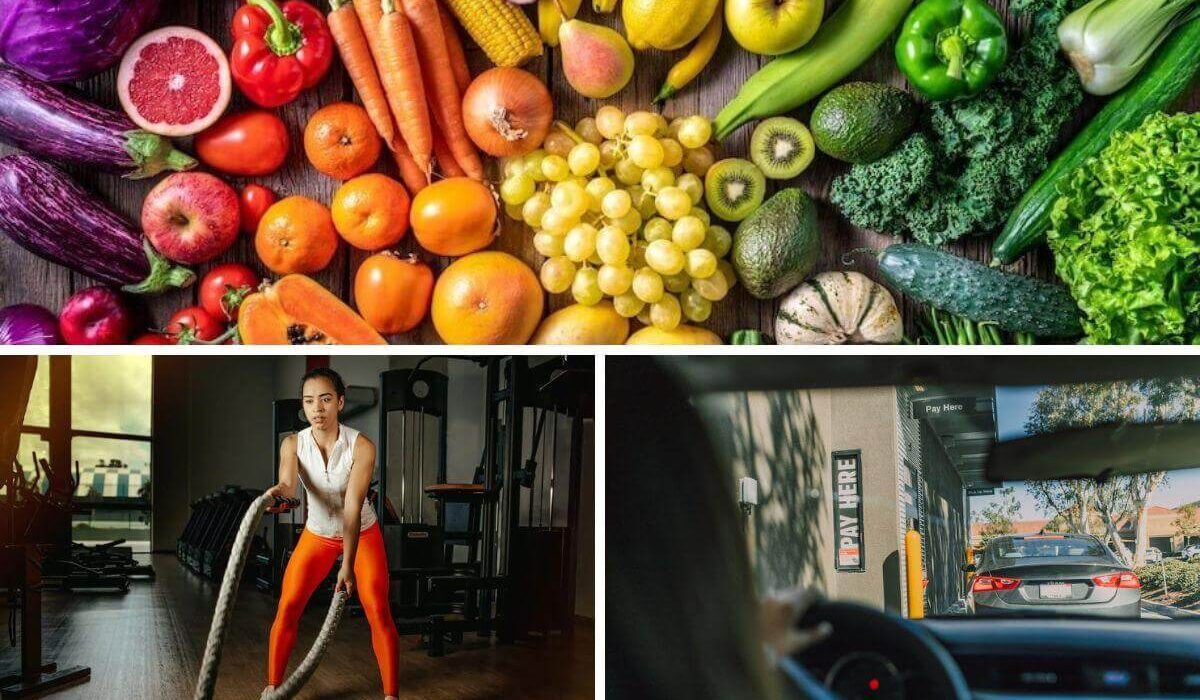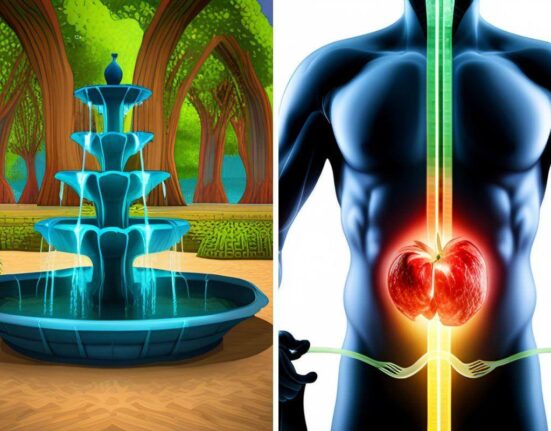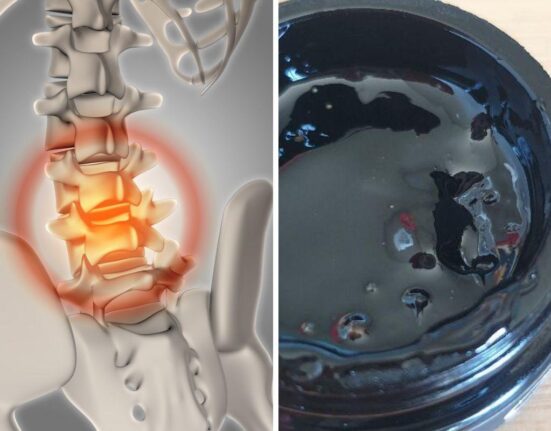Meet John, a typical busy person who works long hours at his desk job. He often finds himself doing errands and chores on his lunch hour, leaving him with little time to sit down and enjoy a fully balanced meal.

As a result, John tends to scarf down fast food or a quick snack, leaving him feeling unsatisfied and lacking in vital nutrients. John knows he should be eating more fruits and vegetables, but finding the time to shop, prep, and cook them is a challenge. And ultimately, John wants to transition to a healthier lifestyle over time.
If you’re like John, don’t worry – there’s a solution! In this article we’ll share the truth about fruit and veggie supplements, how they can be used as an effective tool to fill in the gaps when you don’t get enough fresh produce, and for helping you over the hurdles to get to a healthier diet overall.

Are you making sure you are eating well balanced, nutritious meals?
Did you get 5 or more servings of fruit and vegetables today? You are not alone if you feel like you do not get to eat enough fresh produce today or every day. It seems like most people are lacking the time to think about meal planning.

Maybe life gets busy and it is hard to make time to cook healthy meals every day, or maybe the reason is that you simply don’t prefer them.

If you are not eating healthy because you are on the run and depending on the drive-thru, this is not going to pull you through.
Ordering out can be expensive, and healthy selections are few and far between sometimes. During times like this, it is important to have a safety net. Studies show that 9 out of 10 people do not get enough fruits and vegetables.

There are some great fruit and vegetable supplements that can help you get the nutrients you need. They are designed to fill in the gaps for those who find it challenging to eat balanced meals and snacks with plenty of vegetables and fruits.
The highest quality fruit and vegetable supplements are designed to give your body bio-available vitamins and minerals it needs to function properly. If you are looking for a way to get more nutrients into your diet, consider taking a supplement.
Do fruit and veggie supplements really work?
According to recent studies, fruit and vegetable concentrates dramatically raise serum levels of antioxidant vitamins (beta-carotene, vitamins C and E), folate while lowering oxidative stress makers.

So yes, fruit and veggie supplements can provide some of the nutrients and health benefits of whole fruits and vegetables, but the amount and quality of these nutrients may vary depending on the supplement brand and production process.
One of the main issues with fruit and veggie supplements is the serving size shown on the bottle, which can be much too low to provide significant nutritional value.
Many supplement brands advertise that a single serving of their product is equivalent to several servings of whole fruits and vegetables.
While it’s true that these supplements can contain concentrated amounts of vitamins, minerals, and other nutrients, the serving size shown on the bottle may not accurately reflect the amount needed to provide these benefits.
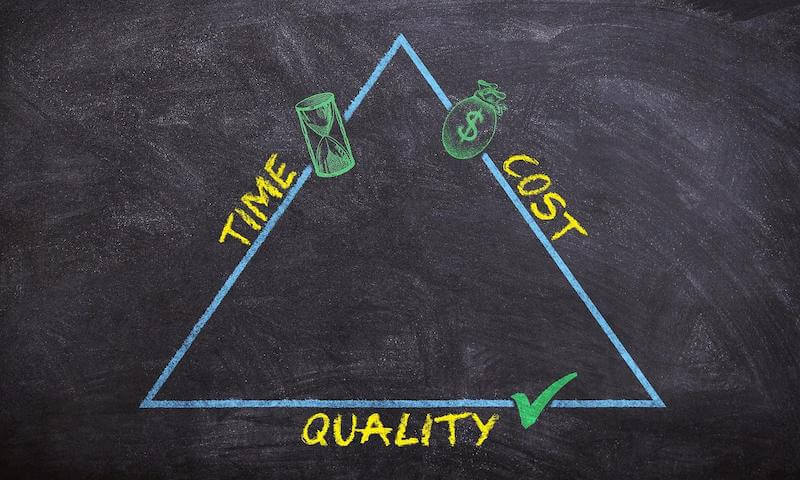
For example, a supplement may claim to contain the equivalent of 10 servings of fruits and vegetables in each capsule, but the actual amount of nutrients provided may be much lower than what you would get from eating 10 servings of whole produce. Additionally, some nutrients like fiber may not be present in the same quantity or form as they are in whole fruits and vegetables.
Furthermore, the quality of the fruits and vegetables used in supplements can also affect their nutritional value. Some supplements may use fruits and vegetables that are not fresh or are of lower quality, which can reduce the amount and quality of the nutrients they contain.
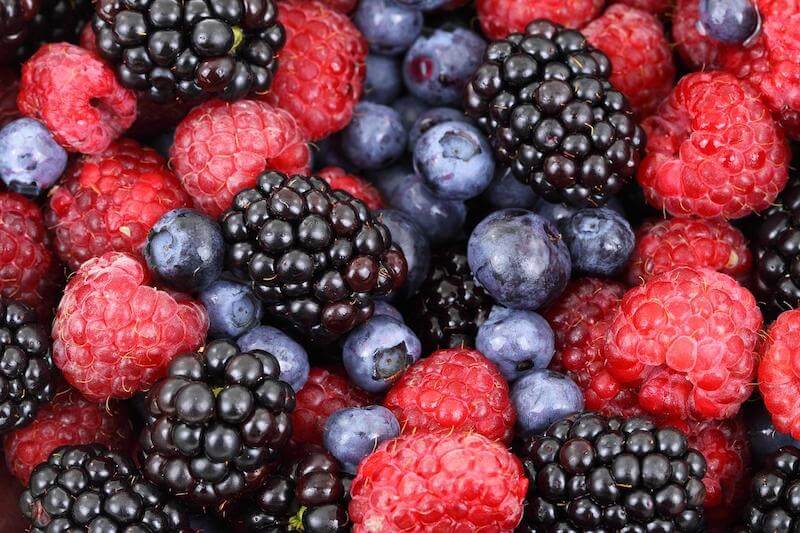
In summary, while fruit and veggie supplements can provide some nutritional benefits, the serving size shown on the bottle may be much too low to provide significant value.
It’s important to choose high-quality supplements made from fresh produce and to use them as a supplement to a varied and balanced diet that includes plenty of whole fruits and vegetables.
Consumer Lab tested some popular fruit and vegetable supplements and found that while they did have the nutrients they claimed to have, consuming 1 serving a day of any of them were not enough.
Using supplements as well as eating some fruits and vegetables was a better bet than trying to get all of the benefits of fruits and vegetables from these supplements alone.
5 ways to use fruit and vegetable supplements to help get you on the road to better health
Fruit and vegetable supplements can be a useful tool in transitioning to better health. By incorporating them into your diet in creative and varied ways, you can reap the many benefits of these nutrient-dense foods and improve your overall health and well-being.
1. Start Slow
Begin by adding a fruit or vegetable supplement to your existing diet. Take one capsule or scoop per day and gradually increase the dosage as your body adjusts to the new nutrients. We are not running a race here, the key is consistency and building new healthy habits.
2. Mix into Meals
Blend fruit and vegetable supplements into smoothies or add them to recipes like soups, stir-fries, and salads. This is a great way to boost the nutritional content of your meals without sacrificing taste.
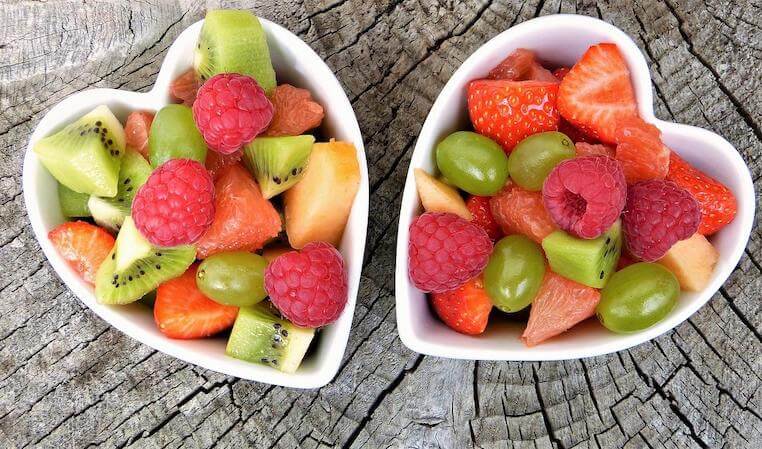
3. Replace Snacks
Instead of reaching for processed snacks, swap in a fruit or vegetable supplement. These can be a convenient and healthy way to keep hunger at bay between meals.
4. Use as a supplement, not a replacement
If you struggle to get enough fruits and vegetables in your diet, consider using supplements as a way to fill in the gaps. This can help ensure that your body gets the nutrients it needs for optimal health.
5. Pair with Exercise
Fruit and vegetable supplements can be a great addition to your fitness routine. They can help provide the energy and nutrients needed to support physical activity and may even enhance recovery after workouts.
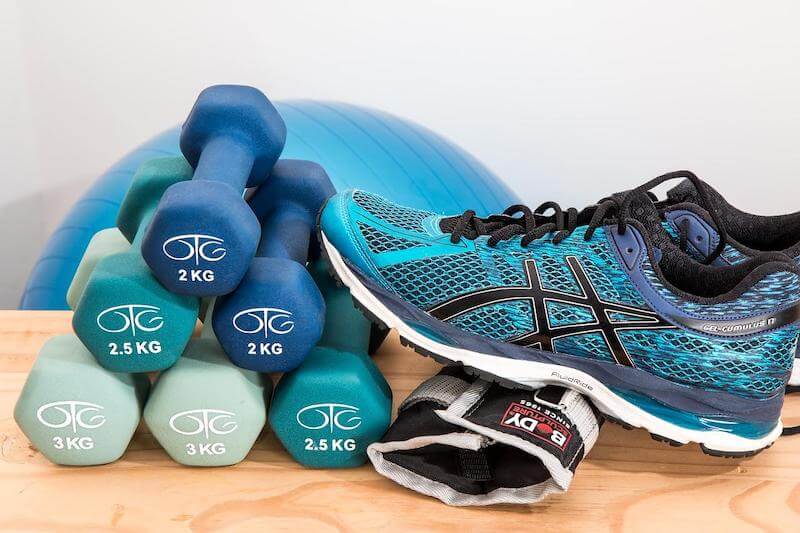
Are vegetable and fruit vitamins good for you?
Yes. Vitamins and minerals are abundant in fruits and vegetables. Fruits and vegetables are the best nutritious sources available because they are full of vitamins A, C, and E as well as magnesium, zinc, phosphorous, and folic acid.
They do not contain enough of these nutrients on one daily serving. You’d need to take at least 5 servings a day to come closer to daily requirements of most of the fruit and veggie supplements available on the market today.
Transitioning to a healthier diet starting with fruit and vegetable supplements
The transition from a low-nutrient, processed food diet to a high-nutrient, whole food diet can take time, but it is worth the effort. As you begin to eat more nutrient-dense foods, your palate will start to change, and you will find yourself craving healthier options. This is due in part to the way that high-fat fast foods stimulate the reward system in the brain.

When we eat high-fat, high-sugar foods, our brains release dopamine, a “feel-good” neurotransmitter that signals pleasure and reward. Over time, the repeated consumption of these foods can lead to changes in the brain’s reward circuitry, making it more difficult to resist unhealthy options and leading to cravings for more of these foods.
However, when we gradually shift our diets towards more nutrient-dense foods like fruits, vegetables, whole grains, and lean protein sources, we can begin to rewire our brains to seek out healthier options.
This is because whole foods contain a wide range of essential nutrients like vitamins, minerals, fiber, and antioxidants that the body needs to function optimally.

Over time, as our bodies become accustomed to receiving these nutrients on a regular basis, the reward centers in the brain can be reprogrammed to respond more positively to healthy foods. This can lead to a decrease in cravings for unhealthy options and an increase in overall satisfaction and enjoyment of healthier foods. Reducing or eliminating caffeine is usually a component to this equation.
In time, there will be no need to purchase expensive fruit and vegetable supplements, you will be eating enough of the fresh stuff, for a much lesser cost. This is the goal.
Consider fruit and vegetable supplements the first step at changing the way you eat. Find a few fruits and vegetables that you can stomach, like mild cucumbers and apples, and stick with them as your palate changes.
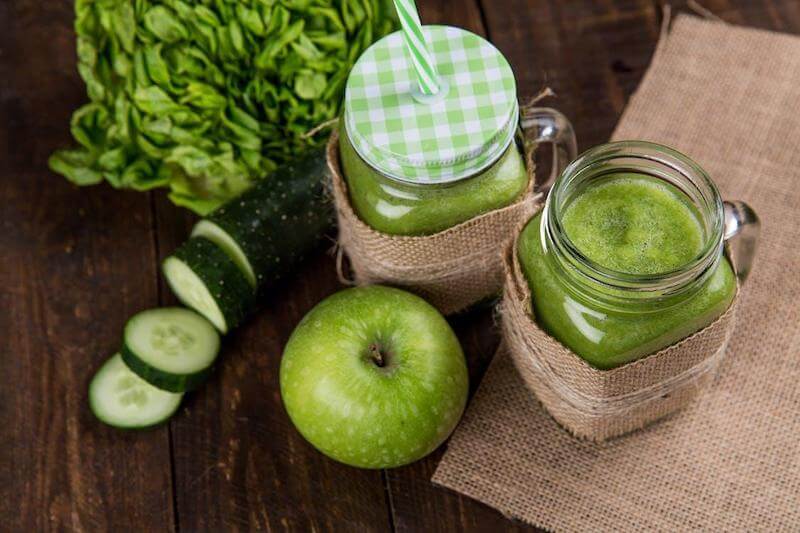
In summary, the transition to a healthier diet takes time and effort, but as you stick with it, your palate and brain chemistry can change to crave more nutrient-dense foods.
By gradually replacing processed, low-nutrient options with whole, natural foods, you can reprogram your brain’s reward system and improve your overall health and well-being.
Can you replace fruits and vegetables with vitamin supplements?
No, fruits and vegetables cannot be completely replaced with vitamin supplements at the dosages recommended on the bottle. You would have to consume a good percentage of the bottle to try to come close, and this would make them much more expensive than they already are.
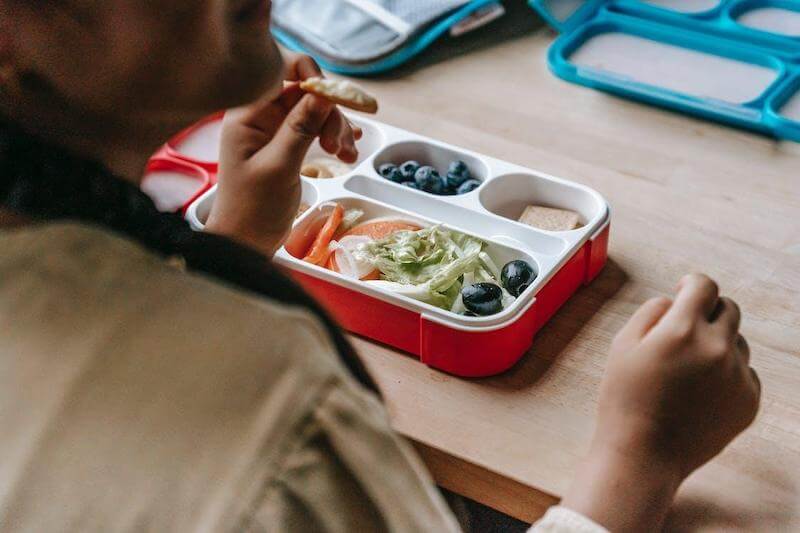
While vitamin supplements can help supplement an incomplete diet, they do not provide the full range of important nutrients and health benefits that whole fruits and vegetables do.
First, fruits and vegetables contain a wide variety of vitamins, minerals, and other important nutrients like fiber and antioxidants that are often not present in vitamin supplements.
For example, oranges contain vitamin C, but they also contain potassium, folate, and phytochemicals that work together to support immune function, heart health, and more.

Secondly, fruits and vegetables are natural sources of these nutrients, whereas supplements are often synthetic and may not be absorbed or utilized by the body as effectively. The bioavailability of nutrients in whole foods is higher because they are accompanied by other compounds that enhance their absorption and utilization by the body.

Finally, research has shown that people who eat more fruits and vegetables have a lower risk of chronic diseases like heart disease, cancer, and diabetes. This may be due to the synergistic effects of the different nutrients and compounds present in whole foods.
In summary, while vitamin supplements can help fill in nutrient gaps in an incomplete diet, they cannot replace the nutritional benefits of whole fruits and vegetables.
A varied and balanced diet that includes plenty of fruits and vegetables is still the best way to get all the important nutrients your body needs for optimal health.
Sources and additional reading
Healthline: https://www.healthline.com/nutrition/fruit-and-vegetable-supplements- Verywell Fit: https://www.verywellfit.com/fruit-and-vegetable-supplements-4149928
- Mindbodygreen: https://www.mindbodygreen.com/articles/are-fruit-and-vegetable-supplements-worth-taking
- Dr. Axe: https://draxe.com/nutrition/fruit-and-vegetable-supplements/
- Medical News Today: https://www.medicalnewstoday.com/articles/fruit-and-vegetable-supplements
- Cleveland Clinic: https://health.clevelandclinic.org/can-fruit-and-vegetable-supplements-really-take-the-place-of-produce/
- EatingWell: https://www.eatingwell.com/article/291360/should-you-be-taking-fruit-and-vegetable-supplements/
- Shape: https://www.shape.com/healthy-eating/diet-tips/fruit-vegetable-supplements
- Prevention: https://www.prevention.com/food-nutrition/a20478009/do-you-need-a-fruit-or-vegetable-supplement/
- Harvard Health Blog: https://www.health.harvard.edu/blog/do-you-need-to-take-a-dietary-supplement-2018061914098
The links used on thewellthieone.com are affiliate links, which may provide a small commission. This does not increase the price of the goods for the consumer whatsoever. What it does is ensure that useful content like this can continue to be produced. Thank-you for enjoying our content and allowing us to continue to provide more.

